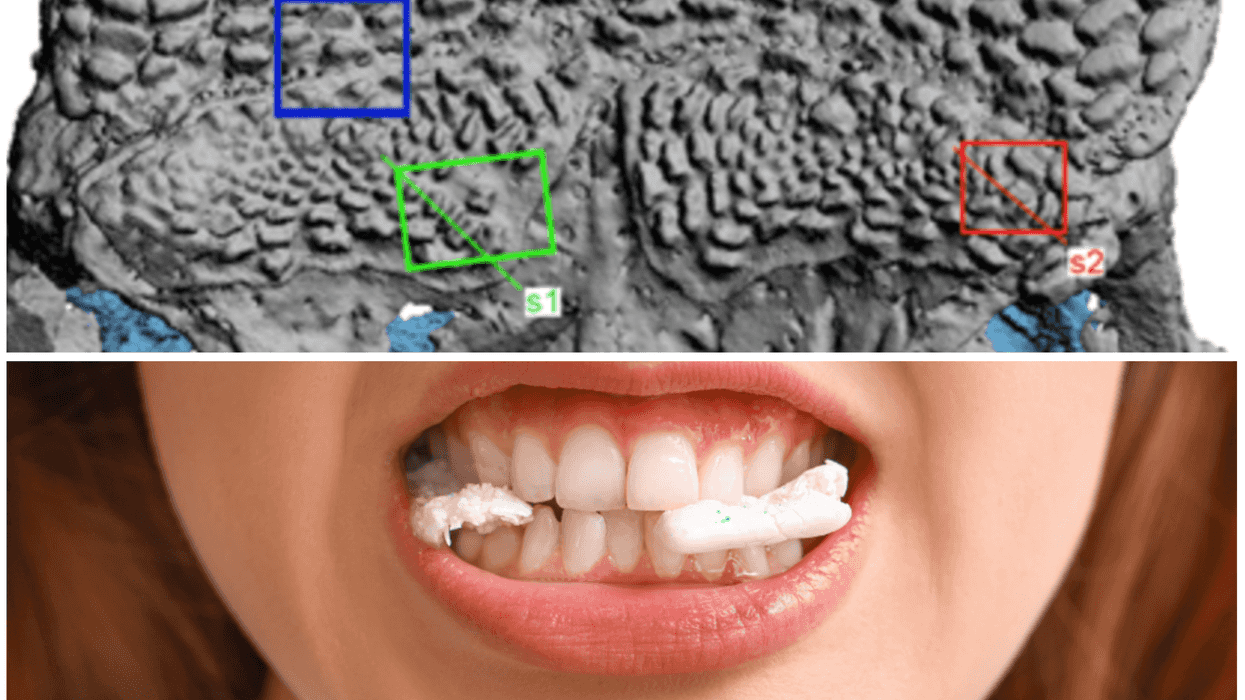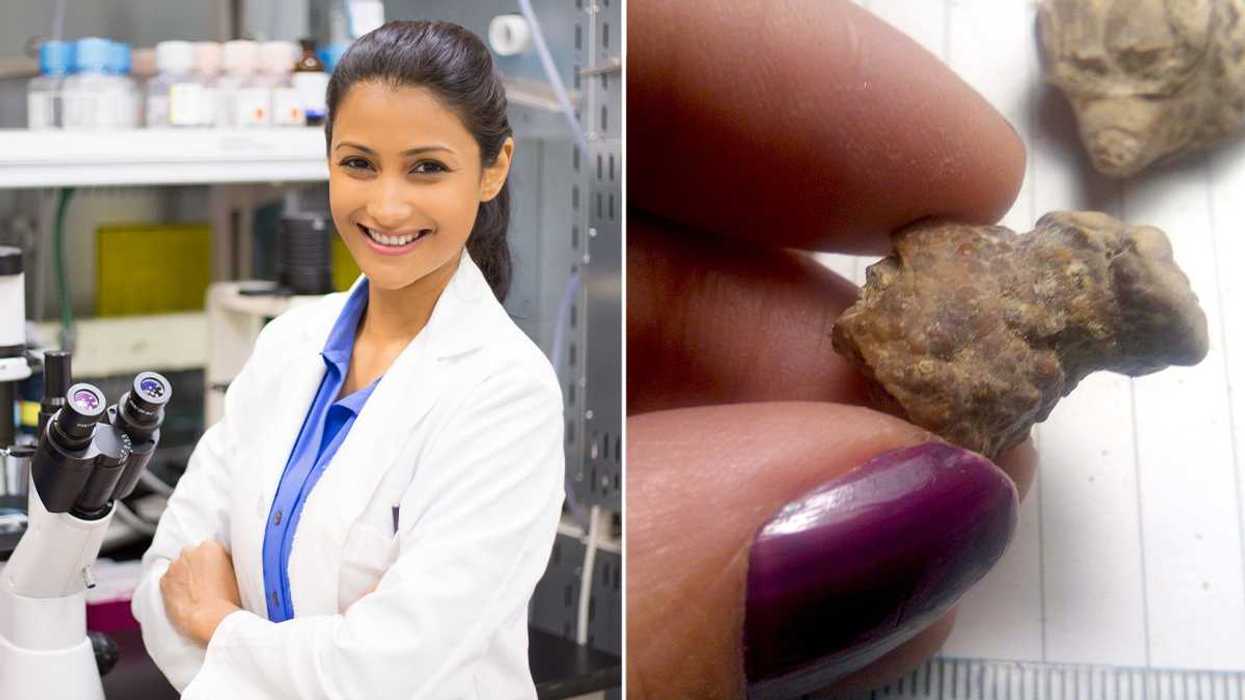Over the years, you may have seen some debate regarding monosodium glutamate in food, better known as MSG. While doing research on the online, you could have run into pages discussing the dangers of MSG or pages advocating for it. So what’s the deal? Is MSG dangerous or not?
Answering those questions can lead to even more questions, especially when the topic of debate is as bandied about on social media as MSG is. Let's finally debunk some of the myths of both MSG's dangers and benefits.
@hydroxide Logan The Cucumber Guy has single handedly done more for the marketing of MSG as a safe product than i ever could. #cucumber #msg #msgobviously #health #foodscience #foodscientist
What is MSG again?
Monosodium glutamate (MSG) is used as a flavor enhancer in cooking. While it’s commonly known as a food additive, MSG can be derived from amino acids in our bodies. It’s naturally present in several foods we eat such as cheese, tomatoes, and mushrooms. However, the MSG used as an ingredient is typically fermented from starch, molasses, sugar cane, or sugar beets. It brings an umami, savory flavor to a wide range of foods, including processed and canned food.
So what’s the big deal about MSG?
Back in 1968, a physician sent a letter to the New England Journal of Medicine describing the chest pressure and nausea he felt shortly after eating a Chinese meal, believing that MSG caused his discomfort. This letter along with a 1969 study of MSG on mice that showed that it caused brain damage led to the belief that MSG was dangerous to consume and would lead to adverse health effects colloquially known as “Chinese Restaurant Syndrome.”
However, there are a few problems with this mice study. First, the scientists injected MSG directly into their systems rather than having the mice consume it. Also, the amount of MSG given to them was more than the usual amount a human consumes within a single sitting. Lastly, this was a test on mice not humans. While mice are used for scientific research, monitoring clinical trials with human participants would have provided more accurate data on how MSG would impact humans.
Why was it called “Chinese Restaurant Syndrome”?
Because of its association with Asian cuisine and the title of the 1968 letter, the dangers presumed from MSG were called “Chinese Restaurant Syndrome” and it was used as xenophobic boogeyman from the late 1960s onward to discourage Americans from eating at Chinese restaurants. This caused many of them to shutter their doors or cook their recipes differently with “No MSG” written clearly on their menus and store fronts. This is in spite of the fact that MSG was in several cuisines from other cultures aside from China, and that MSG can be naturally found in food. Nevertheless, misinformation spread for decades to come and even proliferate to this day.
@bodymajic The TRUTH about MSG 😱😱😱 The villain origin story will shock you 🍱 #msg #fatloss #weightloss #diet #calories #fitness #chinesefood #foodmyths #foryou #foryoupage
Is MSG dangerous?
To put it plainly, no.
To put it more comprehensively, more adequate testing has shown that MSG isn’t harmful to most people. Study after study after study shows that there is no evidence that MSG is a significant health risk, including a study from as recently as 2021. Many of these studies have occurred so often (and so recently) in part because of the misinformation still being spread today.
The Food and Drug Administration classifies MSG as “generally recognized as safe.” Less than one percent of the general population experiences adverse reactions to MSG and even less than that experience an allergic reaction. In other words, it is very unlikely a person will experience health issues when eating MSG.
@itsjosebastian Replying to @bikuntiao let's take a deeper dive into MSG and why it got a bad reputation! #dietitiananswers #msg #umami #nutritiontips
Does this mean MSG is good for you?
While MSG isn’t harmful, it’s usually used in foods that could be. MSG is very popular in processed foods and recipes that contain heavy amounts of sodium, fat, and sugar. However, when cooking at home, MSG has one-third of the amount of sodium as table salt, so it could be used as a substitute to provide flavor with less sodium. In short, its impact on health is fairly neutral but you should still consult your doctor as you would with any change in your diet.
It’s important to separate fact and fiction from the ingredients you consume so you know what's healthy, what's harmful, and what isn't.






















 What foods would you pick without diet culture telling you what to do?
What foods would you pick without diet culture telling you what to do?  Flexibility can help you adapt to – and enjoy – different food situations.
Flexibility can help you adapt to – and enjoy – different food situations.
 Anxious young woman in the rain.Photo credit
Anxious young woman in the rain.Photo credit  Woman takes notes.Photo credit
Woman takes notes.Photo credit 
 Revenge can feel easier than forgiveness, which often brings sadness or anxiety.
Revenge can feel easier than forgiveness, which often brings sadness or anxiety. 
 In the past two years, two malaria vaccines have become available for babies starting at 5 months of age.
In the past two years, two malaria vaccines have become available for babies starting at 5 months of age. By exploiting vulnerabilities in the malaria parasite’s defense system, researchers hope to develop a treatment that blocks the parasite from entering cells.
By exploiting vulnerabilities in the malaria parasite’s defense system, researchers hope to develop a treatment that blocks the parasite from entering cells. Created with
Created with